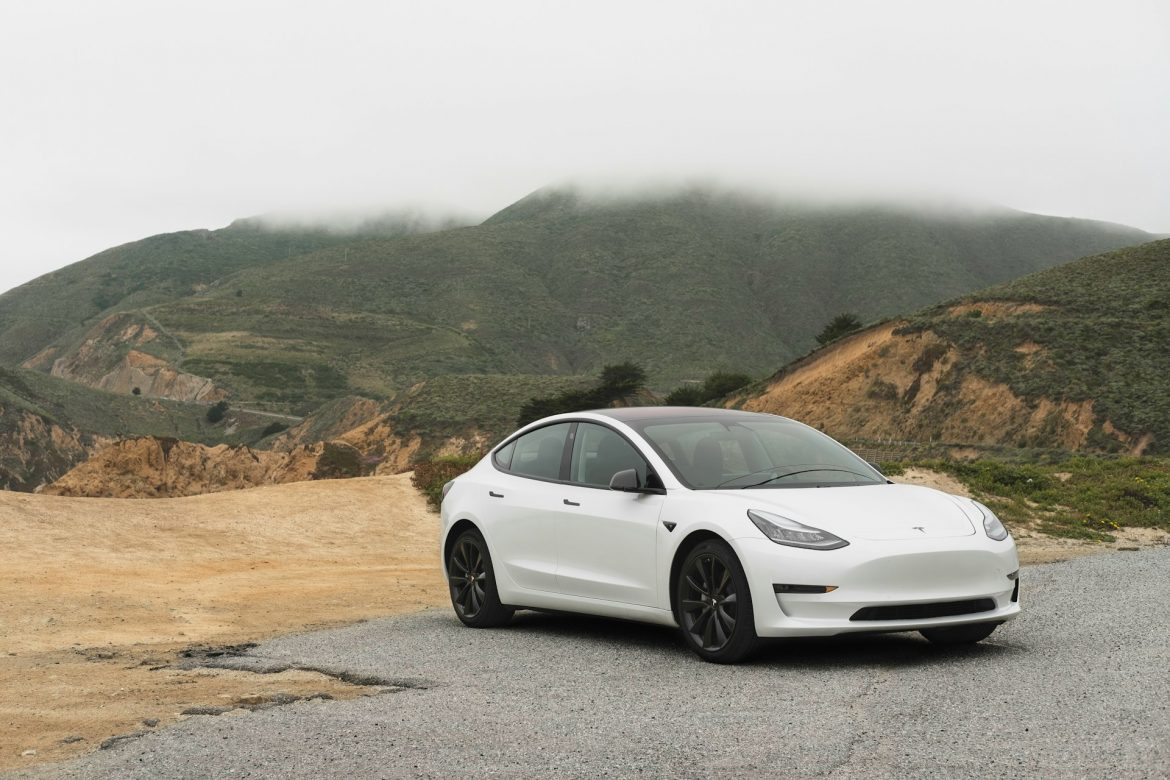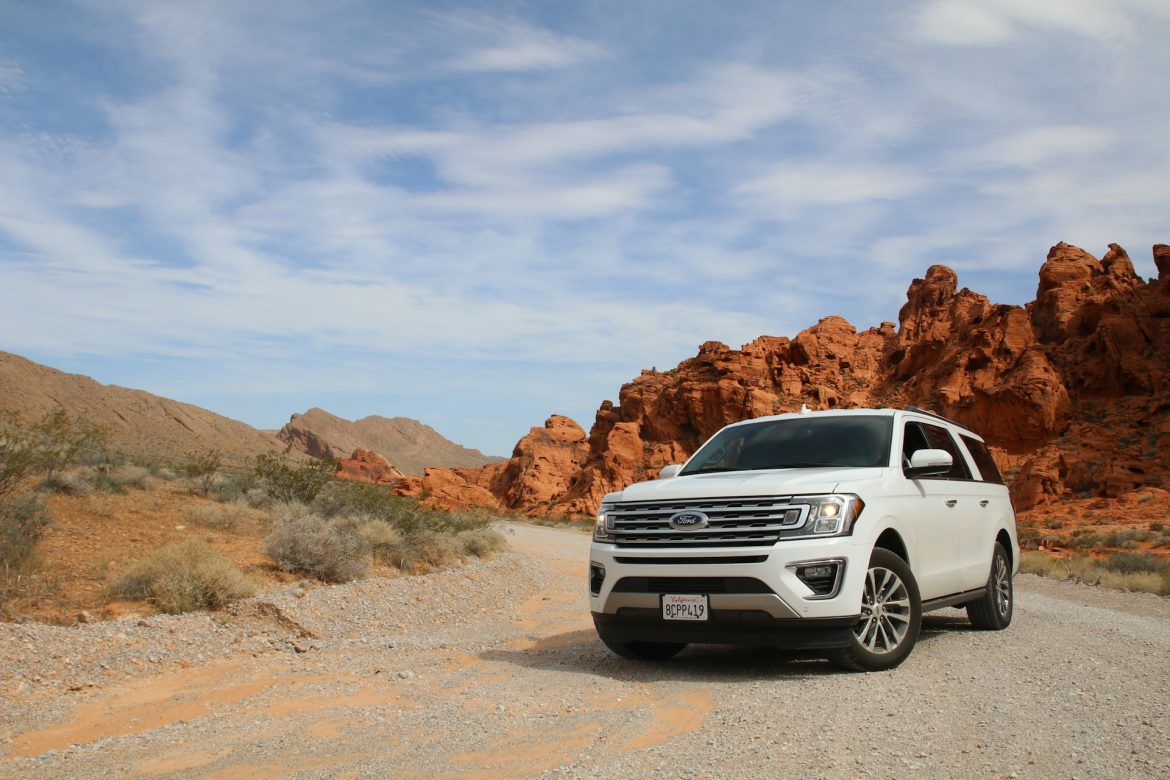The world of cars is changing fast, and a big part of that change is due to artificial intelligence (AI). AI is like a super smart computer brain that helps cars do amazing things. In this blog, we’ll explore how AI is making cars smarter, safer, and more fun.
AI Makes Cars Smarter
First off, AI helps cars understand what’s happening around them. Think of Tesla (Tesla’s official website), whose cars can drive themselves on highways. This is possible because AI helps the car see the road, other cars, and even pedestrians, just like humans do with their eyes and brain.
Then there’s navigation. AI doesn’t just follow a map; it learns the best routes and can even predict traffic jams. Brands like BMW (BMW’s official website) are using AI to give drivers real-time traffic updates and route suggestions.
AI Makes Cars Safer
Safety is a big deal, and AI is making cars much safer. Cars can now predict and prevent accidents before they happen. For instance, Mercedes-Benz (Mercedes-Benz’s official website) has cars that can brake on their own if they sense an obstacle.
AI also helps in monitoring the driver’s condition. Some cars can check if the driver is tired or not paying attention and alert them. This feature is a big step towards reducing accidents caused by human error.
AI Makes Driving More Fun
Driving can be more than just getting from point A to B, thanks to AI. Voice assistants in cars let you control music, make phone calls, and even set the temperature, all without lifting a finger. Companies like Ford (Ford’s official website) are integrating these AI features to make their cars more enjoyable.
Moreover, AI can personalize your driving experience. It learns your preferences, like your favorite routes, music, and even seating positions. So, every time you get into the car, everything is just the way you like it.
The Future of AI in Cars
The future looks exciting with AI in cars. We’re not just talking about self-driving cars, but vehicles that can communicate with each other to avoid traffic and accidents. Imagine a world where cars know where they’re going and the safest way to get there, all on their own.
In conclusion, AI is transforming cars in incredible ways. It’s making them smarter, safer, and more enjoyable to drive. With companies like Tesla, BMW, Mercedes-Benz, and Ford leading the way, the future of driving looks bright. AI in cars is not just about technology; it’s about making our roads and lives better.


